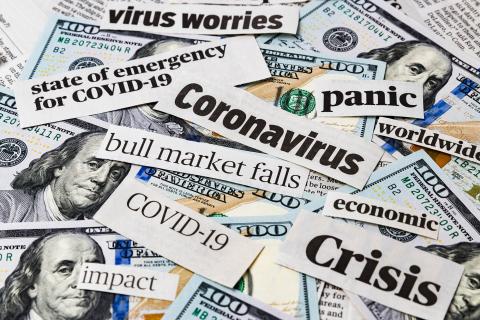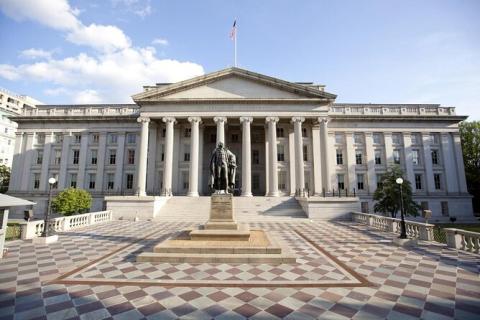You've probably heard by now that the government plans to forgive federal student loans for roughly 20 million Americans.
This summer has undoubtedly been volatile, especially from an economic and market standpoint. If you’ve kept up with any of our previous postings, there hasn’t been a ton of positive news to share. Between stock prices falling, interest rates rising, and inflation being a front-page headline, it’s been hard to escape the negativity.
During these periods, reflecting on past experiences can be helpful.
Scams got a big boost during the pandemic and we've been hearing about more folks (even very tech-savvy ones) getting caught up. You might think your friends, family, and elders would be too smart to get caught, but the wider we spread awareness of the latest info, the better.
As far as the markets are concerned, there is no question the first half of the year was rough. In fact, it was the worst first half of a calendar year in over 50 years. The S&P 500 closed yesterday at -20.58%. Even worse, the tech / growth heavy NASDAQ finished the day at -29.51% year-to-date.
Warren Buffett is one of the richest people in history. At age 91, he has amassed a fortune totaling well over $100 billion dollars, and donated tens of billions in additional dollars to charity.
There is no doubt that he is among the greatest investors of all time. However, his best kept secret to becoming so wealthy is not in his ability to pick stocks.
Over the past few weeks we have seen a continuation in market volatility. What started in the tech space has now spread to other segments of the broad market, specifically the retail space. We’ve also seen a lot of speculative assets, such as large hedge funds, private equity, and crypto currency continue their declines.
Stock market slides over a few days or months may lead investors to anticipate a down year. But a broad US market index had positive returns in 17 of the past 20 calendar years, despite some notable dips in many of those years.
Volatility is a normal part of investing. Sharp downturns happen with...
It may be easier to stick to your financial goals if you have a strong investment philosophy in place.
In the past 12 months, the financial world has been dominated by headlines of low interest rates and high inflation. Up until early March the 1-year treasury yield, which is the percent the U.S. government will pay you to hold your money for 1 year, sat at about 1%. Furthermore, the average U.S...
It goes without saying that the past 12-14 months have been challenging. About a year ago, the word “unprecedented” became an everyday term.
In addition to unprecedented, “pivot” became a daily phrase, as we were all required to pivot to working-from-home, pivot to remote learning for our children, pivot to not seeing our friends and family on a regular basis. We cancelled vacations, graduations, youth sports and camps. None of us had ever experienced anything like it.
As we inch our way toward Election Day 2020, we are receiving a natural increase in questions about the impact this will have on markets and portfolios.
First and foremost, no matter what the polls and forecasts are saying in advance, we never know the outcome of an election until the votes are counted (as the last election clearly demonstrated).
On the heels of global markets rebounding sharply in the month of April, there is a growing sentiment in the financial media that markets are not accurately reflecting the reality we are all living through.
As COVID-19 continues to spread and alter our way of life, both the human and economic toll continues to mount.












